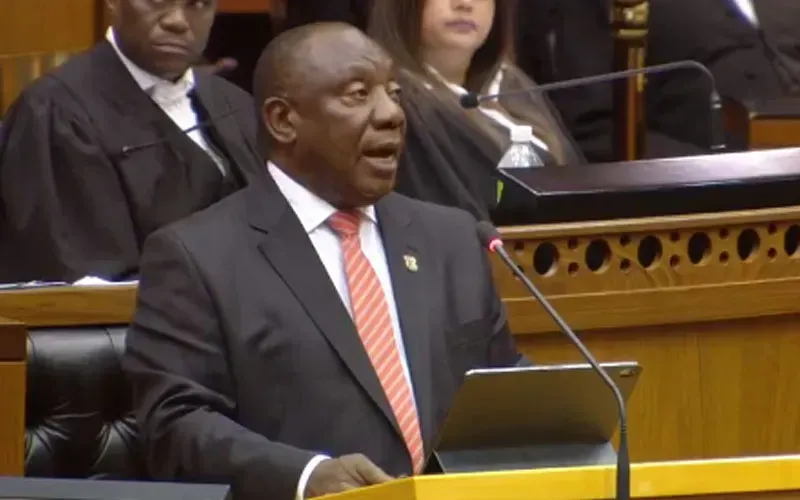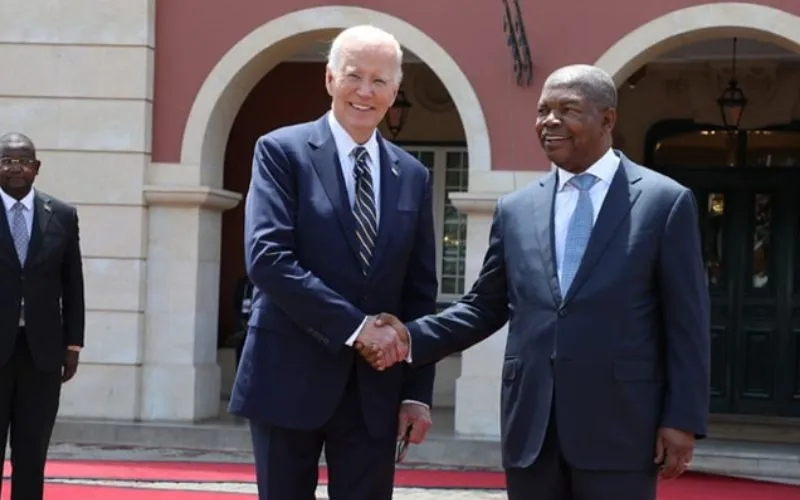Johannesburg, 23 August, 2023 / 9:00 pm (ACI Africa).
The investigation report on South African President Cyril Ramaphosa’s farmgate scandal is “confusing” and leaves many questions unanswered, the South African Council of Churches (SACC) has said.
In a Monday, August 21 statement, SACC makes reference a media release of the South Africa Reserve Bank (SARB), and highlight gaps in the latest report about the Phala Phala game farm scandal.
“The South African Council of Churches (SACC) has found the media release of the South African Reserve Bank (SARB) on its investigation into the Phala Phala matter confusing and inspiring more questions than answers, as several points remained unclear at its conclusion,” representatives of churches in South Africa, who include those drawn from the Southern African Catholic Bishops Conference (SACBC) say.
They provide a background to their faulting of the SARB report, saying, “In its media release dated 21 August 2023, the SARB concluded that, ‘… there was no perfected transaction and thus the SARB cannot conclude that there was any contravention of the Exchange Control Regulations (the applicable Regulation is Regulation 6(1)) by Ntaba Nyoni Estates CC (the entity involved) or for that matter by the President.’”
“The release also stated that, ‘Due to legislative requirements and constraints which apply to the SARB, the report by the SARB into this matter is a private internal report and will not be made available to the public,’” officials of the South African church entity note.








